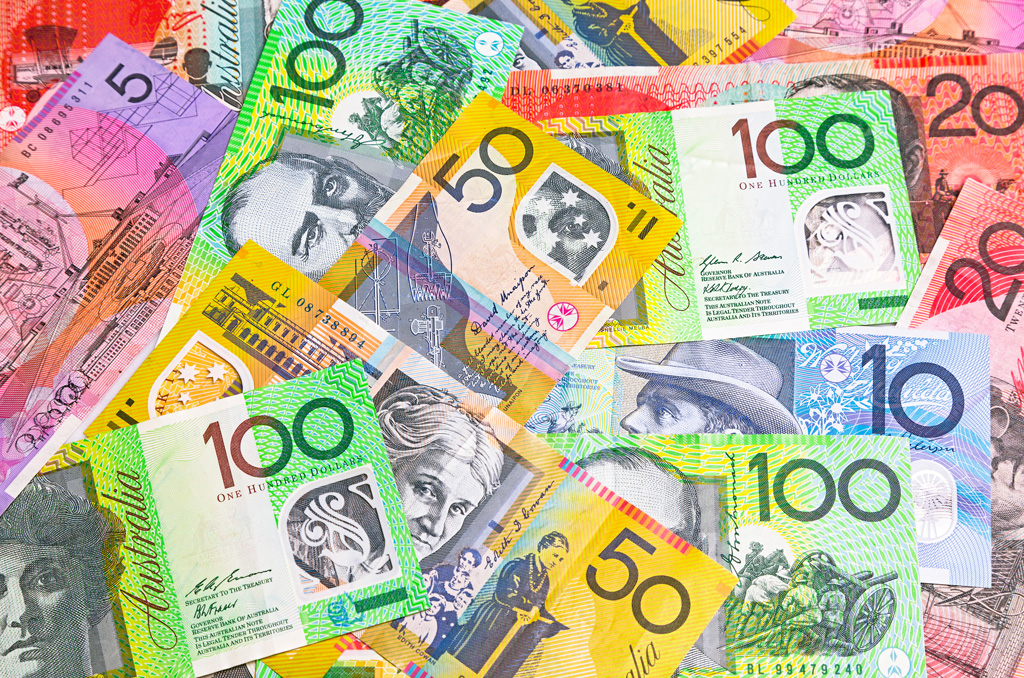- Home
- Savings Accounts
- Articles
- Comparing bank accounts
Comparing bank accounts

Today, Australian consumers are spoilt for choice when it comes to choosing a bank account. The ability to compare bank accounts online, including transaction and savings accounts, has made the comparison process easier and offers consumers more transparency between different bank’s rates and features.
But before making a selection, it’s worth understanding the differences between the likes of transaction and savings accounts and term deposits.
Transaction accounts
If you access your account regularly for deposits and withdrawals, then the best bank account for your circumstances may be a transaction account. Also called ‘everyday accounts’, these products offer flexibility through features, which can include unlimited withdrawals, EFTPOS access and minimal transaction costs, depending on the institution. To fund this flexibility, the financial institutions won’t generally pay much interest on cash held in transaction accounts.
Savings Accounts
If you are looking to save for an overseas holiday, to buy a new car or saving for a home deposit but still want the freedom to access your money, the best bank account for you may be a high-interest savings account.
To be eligible for some ‘bonus’ rates offered with online savers customers may be required to meet certain conditions, such as to make minimum monthly deposits, or to make no withdrawals from the account for instance. However, for premium savers, these accounts generate healthier interest returns than standard transaction accounts.
Term deposits
If you are looking to seriously build or protect your savings then depositing your money in a fixed term deposit may be worth considering. With a fixed term deposit, the rate of interest is often higher than the rate paid by a standard savings account – but not always! On the flipside, for the privilege of better returns, financial institutions may penalise you with a fee or loss of interest if you access your funds before the fixed term expires.
If you prefer internet banking, then the best bank account for you may be an online account. They are relatively simple to establish and most lenders offer online access to their transaction, savings and term deposit accounts.
With an online account, the fees are generally lower, as the banks, credit unions and building societies don’t need to pay for costly overheads such as bank branches or tellers. Online accounts can also offer additional sweeteners such as 24-hour online account access, no minimum account balances, along with more fee-free transactions.
For more information about finding the best bank account for your needs, visit our savings account guide or compare savings accounts online today.
Disclaimer
This article is over two years old, last updated on January 30, 2012. While RateCity makes best efforts to update every important article regularly, the information in this piece may not be as relevant as it once was. Alternatively, please consider checking recent savings accounts articles.
Compare savings accounts
5.75%
intro 4 months then 4.40%
4.40%
Not applicable
- 2024 Award Winner
- Intro offer rate
- Online banking
5.00%*
0.05%
*Deposit $20+ & make 5 purchases on a linked Ev...
- 2024 Award Winner
- Bonus interest with conditions
- App banking
- Online banking
- Linked account required
5.25%
intro 4 months then 3.25%*
Not Applicable
*Deposit at least $50 and make and no withdrawa...
- Bonus interest with conditions
- Intro offer rate
- App banking
- Online banking
5.20%*
2.00%
*Make a deposit and make 5+ purchases on your W...
- 2024 Award Winner
- Bonus interest with conditions
- App banking
- Online banking
- Linked account required
Product database updated 25 Apr, 2024
Fact Checked



